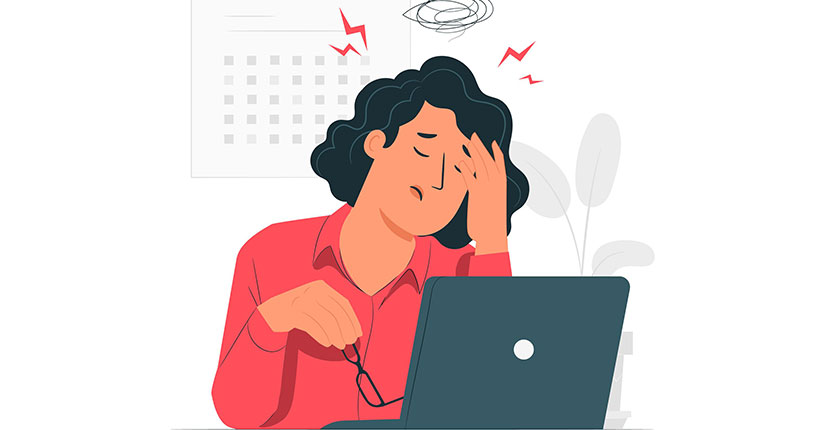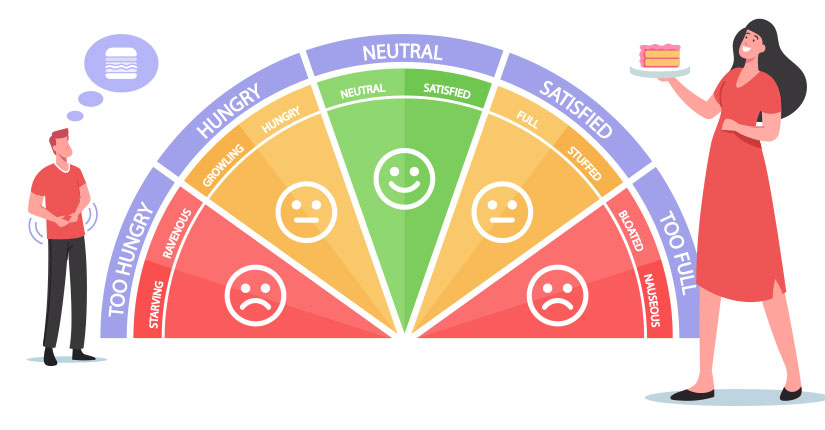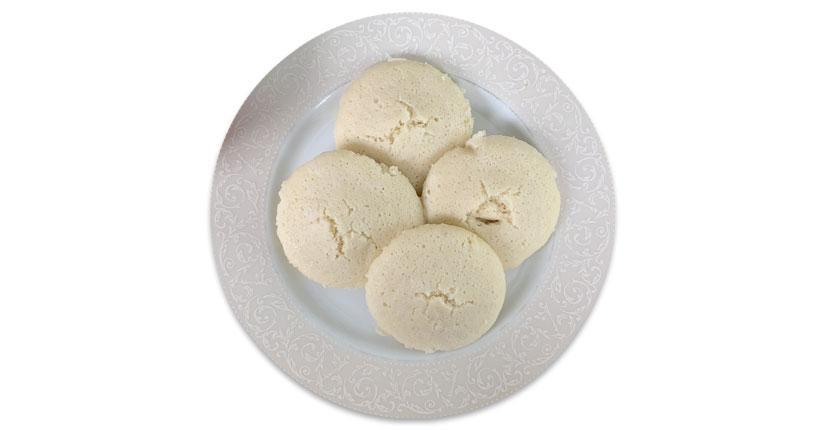Cold Temperature & Asthma Trigger- Here’s How to Manage
By Nmami Life Editorial 18-Dec 2020 Reading Time: 4 Mins

Winters often invite cold and cough. This cold and cough further prevent the proper respiratory function of your body by blocking the respiratory pathway with them. This leads to problems with proper breathing. This problem is further enhanced when an underlying disease is already present, asthma. Asthma patients have to be extra careful regarding their respiratory health as they are vulnerable to it. Hence in winters asthma patients are the most vulnerable. However, there are some ways in which you can tackle this situation and even prevent it. So today we will talk about some ways in which asthma patients can manage asthma triggers in winters.
How is cold harmful?
Since cold air is dry the Dry airways become irritated and swollen, which worsens asthma symptoms. Our body produces mucus In cold weather, your body produces more mucus, but it’s thicker and stickier than normal. The extra mucus makes you more likely to catch a cold or other infection. Colds, flu, and other respiratory infections tend to circulate during the winter months which are known to trigger asthma attacks.
How to avoid and manage asthma triggers/attacks?
try to stay indoors when the temperature dips very low, especially if it’s below 10°F (-12.2°C). In any case, if you go out, cover your nose and mouth with a scarf to warm the air before you breathe it in.
Keep drinking fluids for a thinner mucus. A thinner mucus means fewer chances of getting sick, on that note avoid going near people who appear to be sick. An extra precaution is to take your flu vaccine beforehand.
Clean your house to get rid of as much dust as possible. Wash your blankets and mattresses with hot water to get rid of the dust particles which you might inhale.
Always carry your inhaler with you wherever you go. Take your prescribed medications and keep your asthma under control before winters begin. Under any circumstances, if you feel discomfort more than usual consult your doctors and take a prescribed antihistamine course.
The signs of having an asthma attack are as follows.
- shortness of breath
- coughing
- wheezing
- pain or tightness in your chest
- trouble speaking
If you experience any of the following start your management tactics straightaway.
Over to you.
Asthma patients are most vulnerable in winters due to the cold dry air. Winter also invites cough which can further cause problems in your respiratory pathway. All these reasons may trigger your asthma attack. Keep your asthma under control and take your flu vaccine before the onset of winter. Under any circumstances follow the above-mentioned ways to manage or even prevent your asthma triggers. Stay safe and be careful.


















